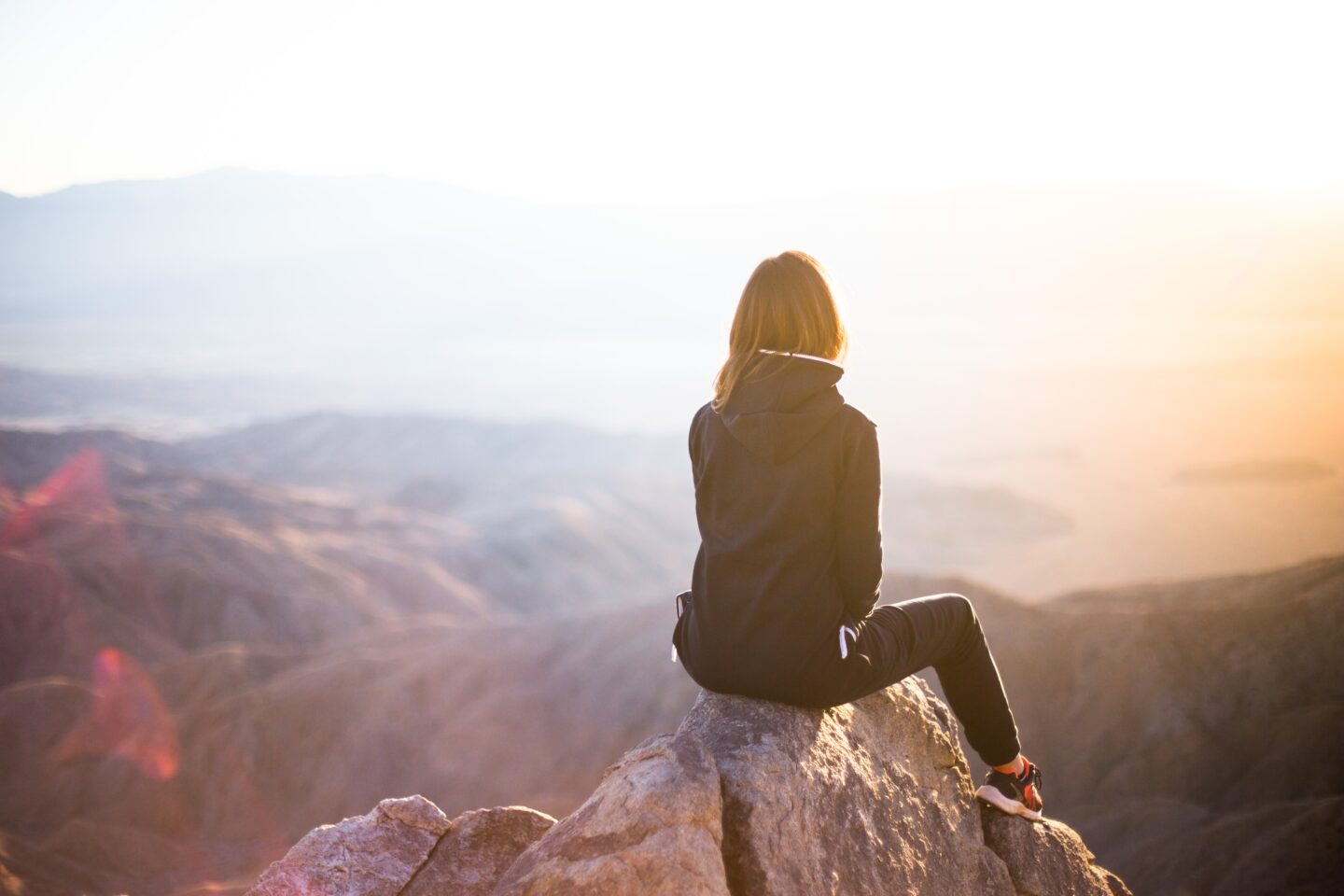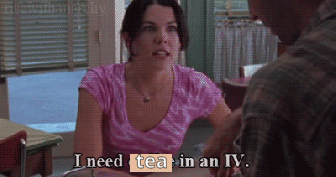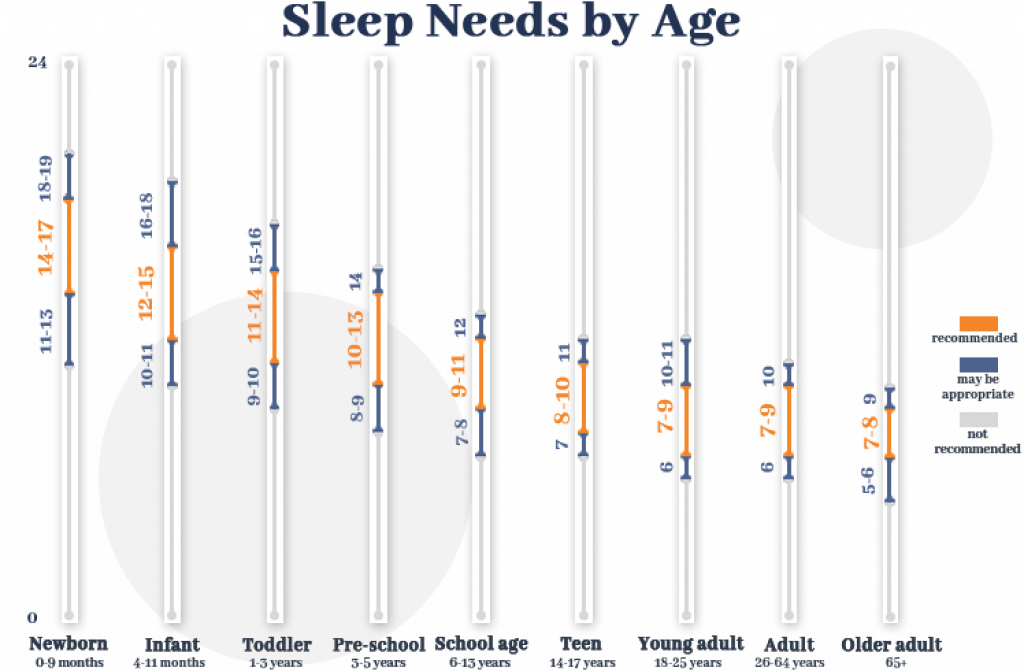
Mostly people think the term personal health can be broken down into two components—physical and mental—and they know that their mental health impacts their physical health and vice versa. What many people don’t know is personal health actually has four parts: physical, mental, emotional, and spiritual, and each one is an interconnected as the others. This “Personal Health” series will contain four articles, one for each column. In this article, we will focus on the physical column of personal health, namely why it’s important and what you can do to keep it in tip-top shape.
Tip #1: Meals vs. Snacks
To conclude, it’s good to eat, and here’s the good news: food can keep you going, physically and emotionally.
On the bad side, this is not quite as simple as eating whatever you want. Eating what you can is not enough. This age (at least in America), you’re more likely to be in proximity to unhealthy food than ever before.
Let’s put it this way: what’s more important is the outcome. At the end of the day, what really matters is what your lifestyle and body are accustomed to. Genetic differences play a small role, if at all, when determining if meals or snacks are better overall. My mother, for example, eats three times a day. My father eats small portions every hour. I eat every couple hours, usually with two solid meal in between a handful of snacks.
Based on my experience, I believe the French have the right answer. It is common knowledge that Americans have a rather poor relationship with food. For example, I can’t recall the last time I sat down to dinner. My habit of eating late at night comes from a craving for complex flavors. On days that I take better care of my flavor needs during the day, I don’t crave them at night.
French people believe they should eat what they love, in moderation. This allows them to enjoy food guilt-free, without restricting their cravings. French culture of slow living makes treating the body well easy for them, and Americans should take notes in both society and nutrition.
Meals or snacks? It’s about doing what’s right for you.
Tip #2: Drink More Water
The easiest way to be healthy, but one of the hardest to remember to do: Drink enough water.
“Enough” water is already difficult. Have you ever tried to get a straight answer from Google about how much water you should drink? According to Heathline, men should drink around 131 ounces per day, and women should drink around 95 ounces per day. What they also say is that there’s tons of variables that affect that, including age, demographic, fitness, even where you live.
With that in mind, I’ve figured out two main tips:
1) Drink water.
I am a prime example of being stubborn about this. Even when I was a marching band kid in Georgia in the dead of summer, I never drank more than a few sips of the water I carried around. I was the same as a gymnast and a soccer.

Throughout my life, I’ve been one of those people who gets sick to her stomach if she drinks too much water. I’ve improved in my adult years, but it’s an ongoing process. My guilty pleasure liquid is hot tea (check out my YouTube channel during December for testing recipes); I should get it in an IV.
If you’re bored (or sick) of plain, old water, hot tea–so long as it doesn’t have cream or sugar–is an excellent substitute. You can drink non-sugary somethings if you aren’t a water drinker. Be sure to research your liquid and try to avoid adding anything to it. As plain as possible is best if you are replacing water.
2) Drink more.
I learned to drink water regularly at my retail job. It was often empty during my shifts, and I was allowed to read a book if there was no one to talk to. I would leave my Corkcicle bottle at the store so that I could sip on it while I was reading. What became of that was an empty two-liter bottle every hour or so while I read. I’d mindlessly empty my bottle over and over again during my shift, because the bottle had a straw I could just suck on rather than make intentional choices about tipping back a water bottle.
Prior to getting my Corkcicle (), I would drink MAYBE 30oz of liquid a day, mostly composed of tea. In the two years I owned that water bottle, I was drinking at least 100oz per day of PURE WATER, in addition to my excess amounts of tea.
Try to find a bottle you love. For me, the straw in the Corkcicle made all the difference. Look for a bottle that you enjoy drinking from or that makes remembering to drink easier. By making it fun or tricking yourself (like me), you are much more likely to drink more than usual.
Tip #3: Exercise 30mins a Day, 4-5 Times a Week
Raise your hand if you hate physical activity! [emoji] I’m halfway there. I hate exercise, but I like sports. (I recently discovered I’m rather good at ultimate frisbee.) Unfortunately, exercise is good for you, so let’s try to get a least a little into your day.
1) Go to the Gym
While possibly expensive, going to a gym is one of favourite ways to force yourself to exercise (or so says everyone else). I’m not a gym person, but I do understand the appeal. If you’re comfortable in your body and/or have a set routine you love, the gym might be the perfect place for you. All the equipment is there, you can plug in music, and no one will bother you. That sounds nice, actually.
2) Yoga/Pilates
One of the few things I will go to the gym for is a yoga class. Because yoga is all about listening to your own body, you have the space to make whatever adjustments you need at any time. There’s no stigma to not matching everyone around you. Yoga is calm and slow and personal, without being a weak workout. I find comparing it to horseback riding to be a good metaphor: There’s so much more muscle required than a bystander might think.
If you’re not into the gym–or are just too lazy to leave your house–yoga is the perfect addition to your lower-energy days.
3) Marathons & Team Workouts
Then, there’s running, it whatever form that comes. If you’re a social butterfly, then maybe a group workout is your style. If you’d rather be alone, what about joining a marathon. You can train alone, race alone, but in the end, there’s still like-minded people around.
4) Sports
And finally, sports. I probably won’t ever be on a real team again, but some of the best Saturdays I’ve had is just goofing around with some friends. Whether legitmate teams on your Ultimate Frisbee or just practicing the throws, this gets you out of your house and with people. Both of these things will have excellent effect on your physical health, as well as the other sections.
Tip #4: Get Outside
This is pretty self-explanatory, so I’m not going to harp on it for too long. The point is not to let being busy be an excuse not to take a break. You need breaks, and your breaks will be so much more efficient if you get out in the fresh air and sunlight.
If it’s raining, at least open a window.
Tip #5: Take Daily Vitamins
Sometimes your physical health could use a boost from an outside source, whether that be vaccinations, pills, or vitamins. Medical care is between you and your doctor, but vitamins are something I’ll encourage.
The truth is, in today’s age, we mostly do okay when it comes to getting certain nutrients because our world is pretty international. However, that doesn’t mean we always get the correct or right amount of supplemental nutrients that helps our bodies function well. I am a fan of trying to get these things naturally, as an American, much of our food isn’t very natural anymore. While I hope to get back to a more natural intake of nutrients, both whole and supplemental, in the future, for now, this leaves me taking pills.
Vitamin pills, like anything else, can hide some pretty nasty things. Just because some do, though, doesn’t mean the whole practice is fradulant. If you’re intentional and informed about your daily vitamins, you can avoid that bad stuff and get only the right amount of supplements you need. (I suggest getting a doctor on that.)
For me, I take fairly common daily vitamins: D2 and B12. (I also started taking liquid collagen while living in South Korea.) With the help of my doctor, we’ve figured out the right dosage and company for me to get them from. And I feel a difference when I’ve missed either pill for a few days.
Tip #6: Get Enough Sleep
Getting enough sleep is another given for the upkeep of your personal health. Lack of sleep directly affects your physical health, like slurred speech, memory loss, and cardiovascular complications, as well as your other branches of health: mental (i.e. flairs of mental illness), emotional (i.e. excessive stress), and spiritual (i.e. lack of connection).
Getting enough sleep, unfortunately, is a problem in America today. Approximately one-in-three American adults do not get enough sleep, and the statistics are not much better for children nor teens. You can find a bunch more statistics on SleepAdvisor.org, or you can just take a look at this chart. Let me know in the comments if you sleep the right amount. (I’m typically sleep about five hours. My teaching job really messed me up.)

It’s crazy important to get enough sleep, but I’ll leave those scary searches to you. If you’re here on this article, you obviously care about your personal health. That’s the thing, though; your personal health is personal. You are completely responsible for it, and I’m a firm believer that doing your own research is a great first step.
Tip #7: Honour Your Sleep Cycle
Going along with Tip #6, the “human sleep cycle” is a myth. There’s no one normal cycle for ALL humans.
The truth is humans have two types of sleepers: morning larks and night owls. Morning Larks are the early birds. They tend to rise with the sun and at the same time each day, they do their best work in the mornings, and they usually shut off after dinner.
Night Owls, naturally, go to sleep a little later every night and wake up a little later every morning; they never quite slept the same range every day. Society has altered that a little, although most of us still have the tendency to push our milestones later and later.
Obviously, I’m a night owl. We’ve always known my natural cycle was nocturnal, but it wasn’t until recently that I did formal research on my sleep pattern. What I learned has helped me so much in the recent weeks. I know my best sleeping period is about 2:00am to 10:30-11:00am. I know it takes me longer to settle down into rest, so I have to stick to whatever bedtime routine I build. I know that I’m more sensitive to blue light; that means, I cannot fall asleep to the TV, but checking my phone first thing in the morning helps me wake up. And a whole slew of other things!
You should take the time to research your circadian rhythm. It help you know how many hours you REALLY need to be your best (rather than catching up from societally-impressed exhaustion), but it will also make it easier for you to predict your most productive hours and how to schedule around them.
(I found these two videos helpful: [title] & [title].)
Tip #8: Add Soaps & Lotions
I’m not going to tell you to bathe, because that’s a given. If you’re not bathing, you have other concerns than just having balanced health. If this is you, this article is not for you.
For those who are still here, I get it. Bathing (or showering) can be BORING. It is for me. And even if it’s not, the practice could certainly be more fun.
TO FINISH
Tip #9: Try New Things
Sometimes your physical health comes down to just trying something new. Especially when you’re not quite feeling yourself, that’s the perfect time to press your boundaries or do something you haven’t in a while.
Even if you have never tried it before, it might be exactly what you need. Visit Six Flags, fly a kite, go horseback riding, or to the beach. Try something that might bring you joy, and even if it only brings you joy, by treating your other sections of personal health, it will lift your physical health.
Tip #10: Tend to Your Other Parts, Too
Most importantly, your physical health is only one fragment of your overall health. You must also take care of you mental, emotional, and spiritual parts in order to find balanced personal health.
(We have blog posts on those, too, coming every Monday in October 2022!)
